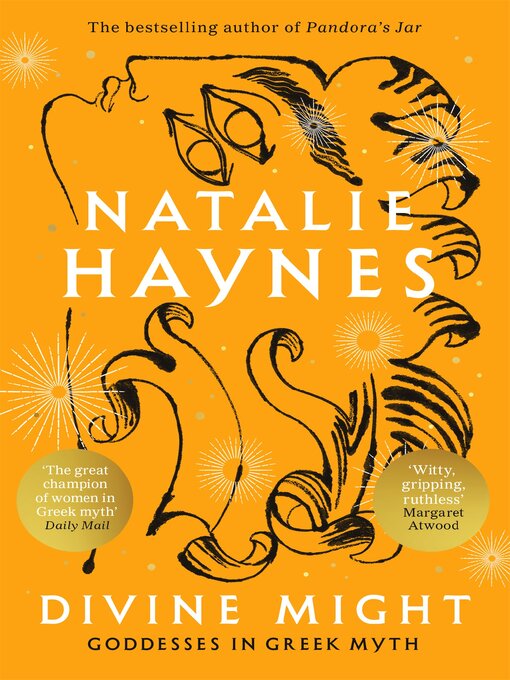Bestselling author Natalie Haynes returns to the world of Greek myth she so wittily explored in Pandora's Jar and turns her focus on Olympus itself – not on the gods, who have had far more attention than they deserve over the millennia since these stories were first told, but on the goddesses.
Here we meet Athene, who sprang fully formed from her father's brow (giving Zeus a killer headache in the process), goddess of war, guardian of the city named for her and sacred to her, and provider of wise counsel. Here, too, is Aphrodite, born of the foam (or, some sources say, sperm released from a castrated Titan's testicles), the most beautiful of all the Olympian goddesses, dispensing desire and inspiring longing – but with a nasty line in brutal punishment of those who displeased her. And then there is Hera, Zeus's long-suffering wife, whose jealousy of his repeated dalliances with mortals, with nymphs, with other goddesses, led her to wreak elaborate and often painful revenge on those she felt had wronged her. Well, wouldn't you?
We also meet Demeter, goddess of the harvest and mother of the hapless Persephone; Artemis, the huntress, virgin goddess of childbirth (Greek myth is full of confusion); the Muses, all nine of them; wide-bosomed Gaia, the earth goddess; and Hestia, goddess of domesticity but also of sacrificial fire.
- Comics and Graphic Novels
- New eBook additions
- Available now
- New kids additions
- The Art of the Short Story
- New teen additions
- Get Creative With Design & Photography
- Most popular
- Try something different
- Anzac Day: We Will Remember Them
- Very Short Introductions
- Captain Marvel, The Avengers and More - Marvel Comics Now Available
- See all
- Award Winning Audiobooks
- Recent Biographies & Autobiographies
- Available now
- Librarian's Choice
- New audiobook additions
- Self Help Audiobooks
- New kids additions
- Audiobooks for Road Trips
- New teen additions
- Most popular
- Try something different
- See all


